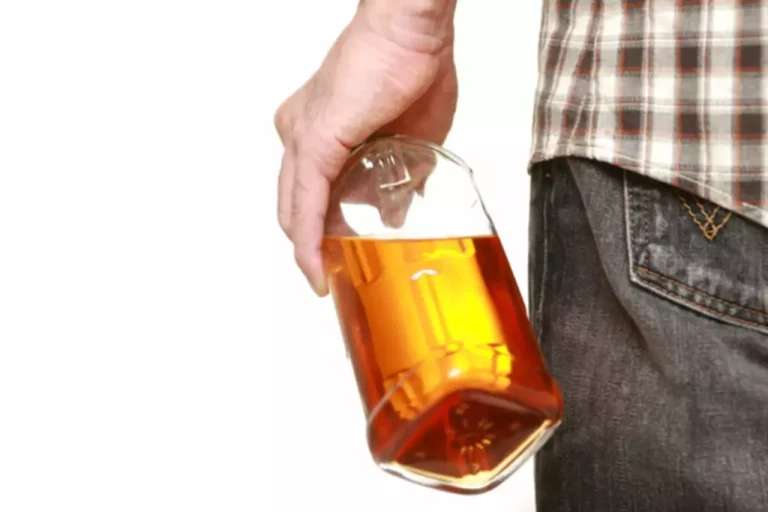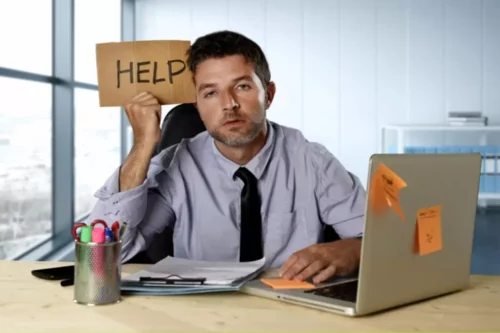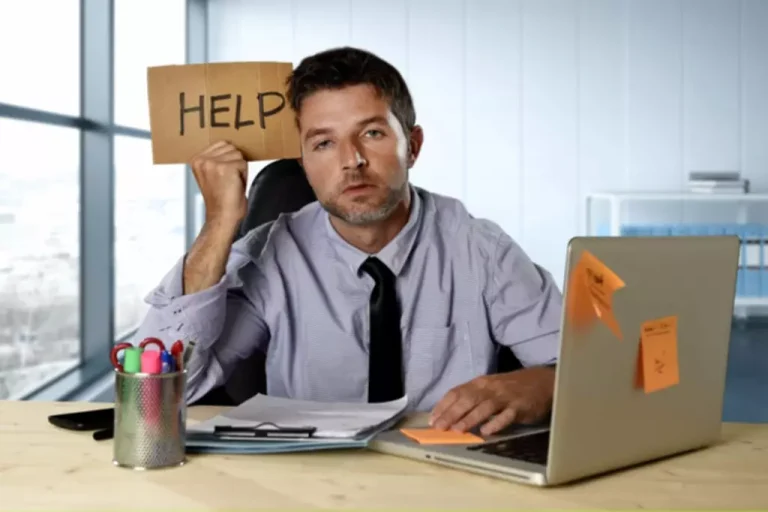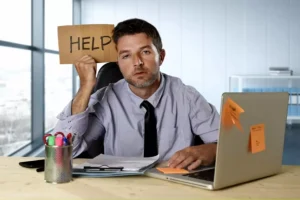
Write down any specific circumstances that you think have contributed to substance use in the past. You might also list some specific goals that you hope to achieve in the upcoming months or years. Most people have very specific triggers — spend some time figuring out what your precise triggers are so that you can avoid them. A common acronym heard in the recovery world is HALT — hungry, angry, lonely, and tired. Finally, your plan can include how you intend to repair thedamage to different areas of your life caused by your addiction.
Reflect on Your Recovery Goals

Commit to talking with one or more of the support group members regularly. You can also reach out to them whenever you experience triggers or cravings. In this stage, you may not be actively feeding your addictive behavior. Remembering the reasons someone has for quitting alcohol or substance use relapse prevention plan may help them stick to their recovery plan, particularly when they are experiencing an urge to reuse. Seeking help for addiction may feel daunting or even scary, but several organizations can provide support.

Developing Coping Skills
Having a clear and actionable plan for these situations ensures that you’re prepared to handle them effectively. Clearly defining these goals helps keep you motivated and focused, providing a clear purpose to your recovery efforts. They also serve as benchmarks to measure your progress and adjust your plan as needed.
Preventative Tools and Resources
It can be something that youcontinue to work on and add thing to over months or years. It can be a guide tohelp keep you on the right track and focus your energy on recovery. Relapse prevention planning aims to provide useful tools for navigating difficult moments in recovery.
- Remembering the negative effects using had on aspects of their life, such as their relationships, work, or studying, may also help.
- Proponents of this model define a lapse as a process, cycling through different stages that may be interrupted by recidivism from time to time.
- The Retreat is a Minnesota supportive, educational center that offers tailored and supportive drug recovery programs.
Common Triggers and Risk Factors

Research demonstrates that willpower alone may not always be enough to keep us on the right track. Relapse is not a single event but an ongoing process that often begins several weeks or months before using alcohol or drugs again. Relapse has been extensively researched, with three main stages identified – emotional, mental, and physical.
Not all situations can be avoided, so it’s important to plan for those that present a high risk of relapse. Relapse doesn’t happen overnight; it usually begins with subtle changes in thoughts, emotions, and behaviors. Recognizing these early warning signs can help you intervene before a full relapse occurs. Ben Fisher is a videographer and content creator who has reached millions of people around the world with his work. Ben created the video blog A String Of Hope in 2019 to share hope and positivity about addiction and recovery.
